
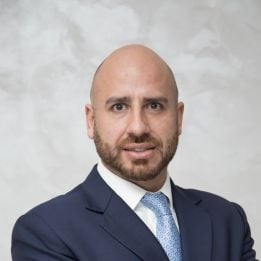
General counsel | Nebras Power QSC
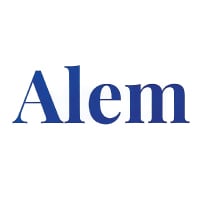

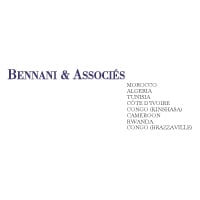

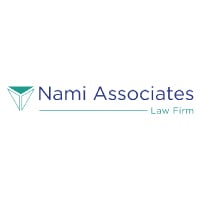
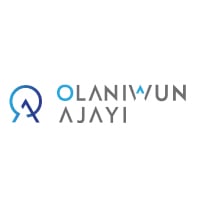
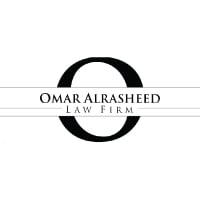
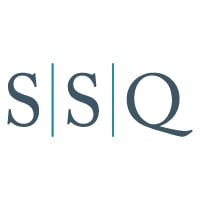
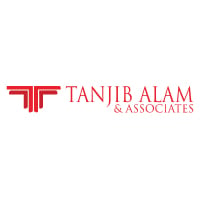


Marco Faldella
General counsel | Nebras Power QSC
What are the key projects that you have been involved in over the past 12 months?
Over the past 12 months, my work has focused primarily on acquisitions and significant (both in terms of capacity and impact) greenfield development initiatives, with particular focus on gas and renewable projects.
Have you had any experiences during your career as a lawyer that stand out as particularly unique or interesting?
Throughout my career, I have been privileged to work with firms and companies with a global reach and alongside inspiring colleagues who have shaped my personal and professional growth. I have had the opportunity to engage in nearly all aspects of the energy business and to work on projects across Asia, Europe, the Americas, and Africa, involving diverse partners and technologies. Some initiatives, such as those advancing sustainability, have earned industry recognition, which has been deeply rewarding. No single experience stands out as uniquely memorable: each was distinctive in its own way. The variety of challenges and opportunities, both geographical and in terms of scope of work, has been the most interesting and rewarding aspect of my career.
Based on your experiences in the past year, are there any trends in the legal or business world that you are keeping an eye on, of which you think other in-house lawyers should be mindful?
Over the past year, I have been closely observing the rapid development of artificial intelligence and its implications for how lawyers will do their job in the future. AI presents a significant opportunity to transform and innovate our profession, provided we adopt it responsibly. It is imperative to address critical considerations such as cybersecurity integration, safeguarding confidentiality and data protection, as well as adhering to ethical standards.
Regulatory frameworks are also evolving, at times with diverging approaches. For example, the EU’s AI Act (Regulation (EU) 2024/1689) adopts a risk-based approach for high-risk applications, while the UK pursues a principles-based framework (2023 White Paper). The Middle East is also championing AI governance. Qatar has issued guidelines promoting secure AI adoption, while the UAE, Saudi Arabia, Bahrain, Oman, and Kuwait have introduced laws, established councils, or proposed draft regulations to ensure ethical AI use. Other jurisdictions have introduced or are preparing to introduce AI laws, and professional associations offer ethical guidance. Lawyers will need to stay informed to ensure compliance and safely navigate the evolving legal landscape.
I believe it will become essential for lawyers to invest time in understanding AI’s mechanics, strengths, and limitations, refining prompting techniques, and crafting tailored AI configurations. Rather than using AI solely to automate routine tasks, we can and should explore its potential to elevate our work, delivering more insightful and precise legal advice. However, risks posed by AI, including bias in datasets or AI-generated inaccuracies, require careful attention. AI must never replace the diligence, critical thinking, and rigorous analysis that define our profession.
General counsel | Nebras Power
General counsel | Nebras Power
General counsel | Nebras Power
General counsel | Nebras Power
Receiving mentions in the GC Powerlist: Middle East Teams 2018 for his excellent marshalling of the Nebras Power legal team during an extremely busy period for the Doha-based power development...
General counsel | Nebras Power
In 2014 Nebras Power – a joint venture between Qatar Electricity and Water Company, Qatar Petroleum International, and Qatar Holding – was established to invest in large-scale power and water...